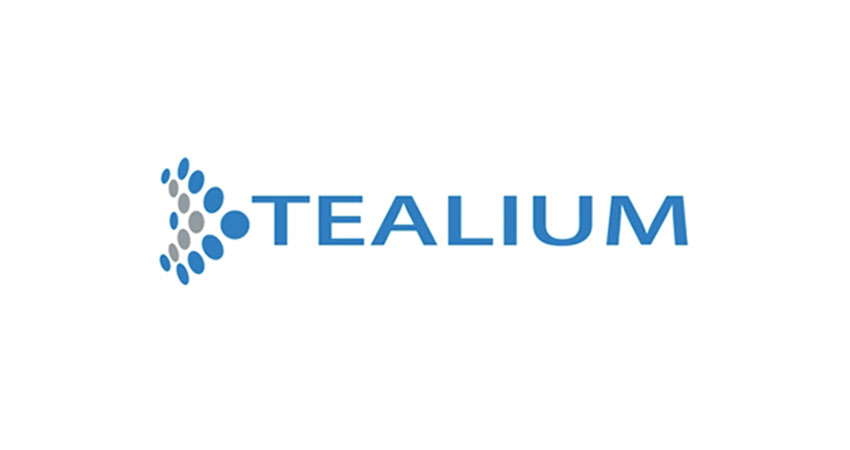Tealium, a provider of data orchestration software, has raised $96 million in a new funding round, landing the company in the unicorn territory of a $1.2 billion valuation as it looks to accelerate its product development, customer and sales teams. The total raised to date is $231 million.
Doug Lindroth, CFO of Tealium, said the company’s focus is on consolidating siloed customer data from multiple sources and providing companies with tools to act on it in real time with the most appropriate response to a customer interaction.
The company plans to increase headcount, currently at 530, by about 50%, adding to its customer, sales and product teams.
“We believe in order to solve the problem of siloed data you need a neutral solution that collects it from all different places, normalizes it and makes it actionable,” Lindroth said. “You need to pull it into a common place with common nomenclature, rather than having them slice a subset of data to figure out what the best response is, whether it’s serving an ad or retargeting, with only bits of information about the customer.”
Lindroth said the problem Tealium is solving for is similar to what Tibco did over 20 years ago. It created a technology stack that companies could build apps on top of to deal with the growing issue of big data and data inconsistency across divisions, platforms and partners.
“We have a similar thesis, acting as a neutral data layer that sits below apps, consolidating the (customer) data in one place, so companies can act on it in real time to trigger an action,” he said. “For instance, if someone abandons a cart, there’s a lot that companies don’t know until they run a batch process overnight and send a push notification. Now they can learn a lot about the shopper based on prior behavior, to determine if it makes sense to send a discount coupon, or stop sending display ads.”
He said Tealium helps retailers eliminate the painful customer experience of serving them an ad for a product they just purchased, which every online shopper has experienced multiple times. This is powered by a product introduced in 2020 which uses machine learning to drive predictive analytics and optimize ad spend.
“What a waste of money that is,” Lindroth said. “Instead of send them an ad, you can send something more relevant like a product recommendation, ‘customers bought who that often bought this,’ something that’s more meaningful.”

